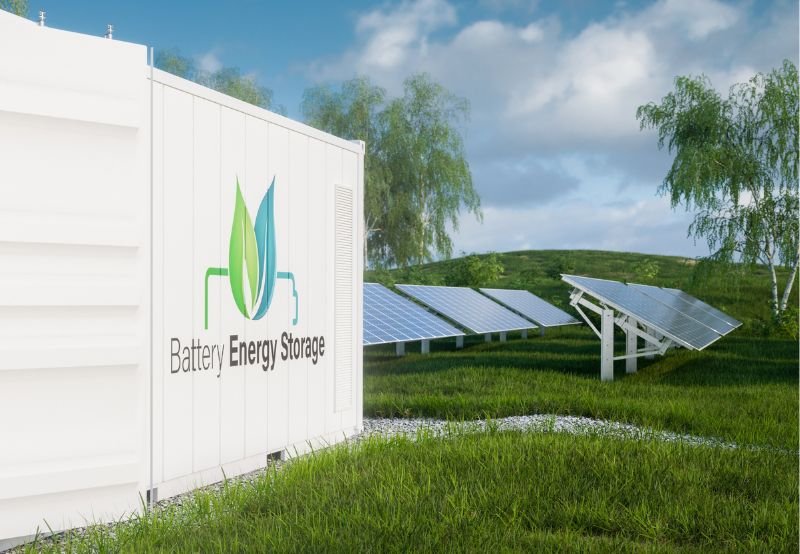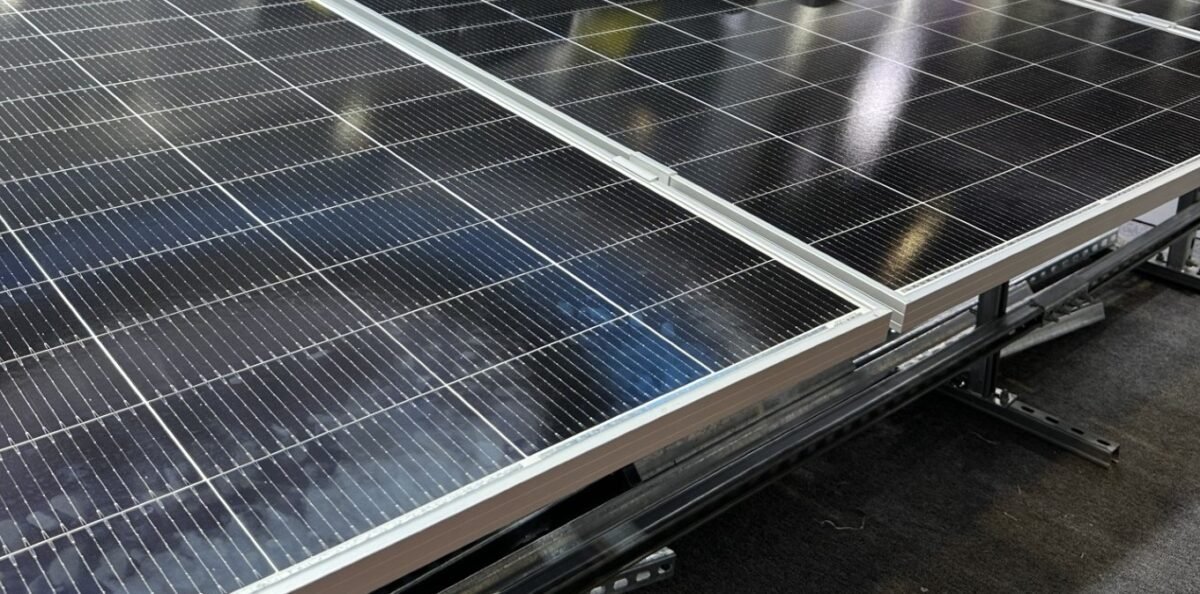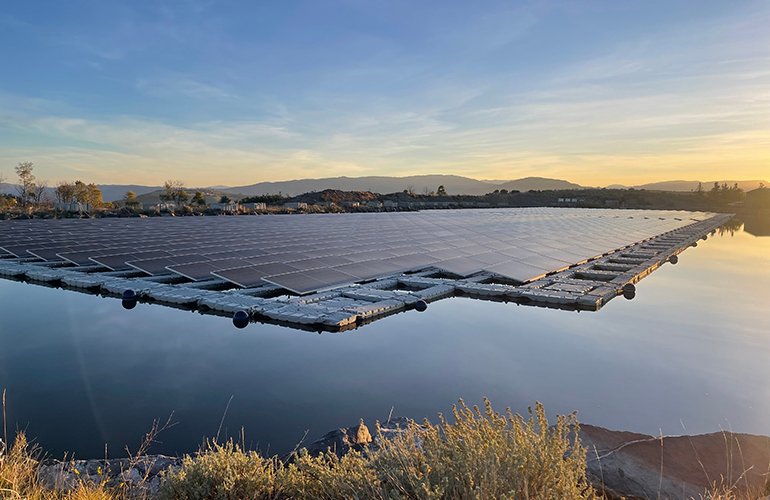Bosnia’s SECOM Solar Shift Makes Waves in the Balkans
In Visoko’s industrial zone, a 30-year-old wood panel factory is rewriting its energy playbook. SECOM, a cornerstone of Bosnia’s manufacturing sector, just flipped the switch on a hybrid solar and automation overhaul that could ripple across the Balkans. With 1.2 MW of rooftop PV modules and Schnell Automation’s smart controls, they’re cutting energy bills by 40%—but the real story is in the financing.
Why This Factory Matters for Balkan Solar
Most solar coverage focuses on shiny new installations. SECOM’s retrofit proves legacy industries can pivot without drowning in debt. The €3.7 million project—part-funded by the EBRD and SME Go Green—uses tier-one JinkoSolar panels paired with Danfoss inverters. Critically, 15% came from grants, not loans. This shift towards sustainable solar for manufacturing is a game-changer.
The Automation X-Factor
Here’s where it gets clever: Automated load shifting matches production to solar output. When the shop floor’s CNC machines idle, surplus juice charges BYD battery banks. “It’s like teaching an old factory new tricks,” says project lead Amir Kovačević. This approach could be critical for industrial solar adoption across the region.
Winter Isn’t the Dealbreaker You’d Think
Bosnia’s snowy winters had skeptics questioning the ROI. But bifacial panels and snow-shedding coatings keep generation steady. December output only dips 28% versus annual averages—better than German installations get. This bodes well for the broader European solar market.
The ROI Math That Convinced CFOs
With €190,000 annual savings and Bosnian net metering paying €0.09/kWh for excess power, SECOM expects full payback in 6.2 years. That’s faster than Tesla’s Buffalo factory achieved. This calculation could sway other industrial rooftop solar adopters.
As EU accession talks accelerate, expect more Balkan firms to follow SECOM’s lead. The playbook’s now written—efficiency upgrades first, solar second, smart controls third. Just don’t call it a green revolution. Here, they prefer “business as usual.”






